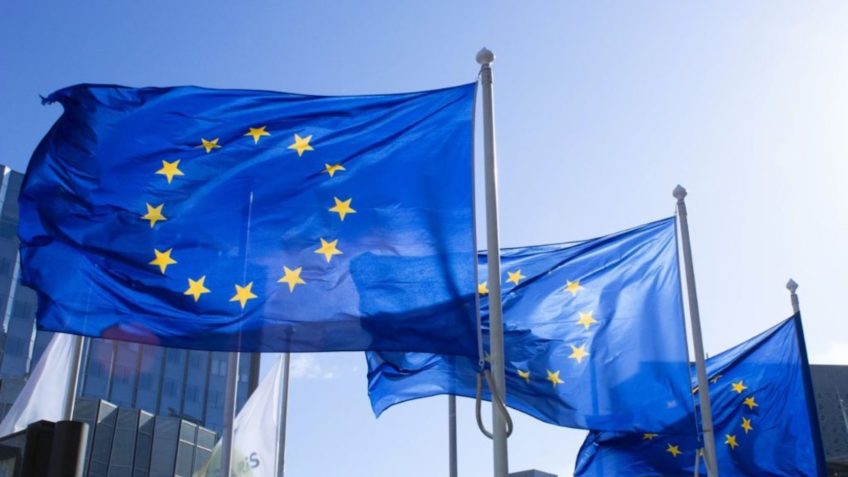
Measure is temporary in nature and seeks to strengthen the electoral process; Venezuelans go to the polls on July 28
The EU (European Union) removed, on Monday (May 13, 2024), 4 Venezuelans from the sanctions list. The measure is temporary in nature and seeks to strengthen the electoral process in Venezuela. The presidential elections are scheduled for July 28.
The people who were removed from the sanctioned list are the president of the CNE (National Electoral Council) of Venezuela, Elvis Amoroso, and 3 former employees of the body: the former secretary general Xavier Moreno Reyes, and the former directors Socorro Hernández and Leonardo Morales Poleo.
“With this important and positive signal, we recognize the recent encouraging steps and confirm our commitment and support for the smooth progress of the electoral process”, said the spokesman for the EU diplomatic service, Peter Stano, quoted by the portal Swissinfo. According to Stano, the decision seeks to “strengthen Venezuelan efforts for inclusive and competitive presidential elections”.
The spokesperson said sanctions on another 50 officials remain in place until at least January 10, 2025, when Venezuela’s next president is expected to take office.
To the EU, according to Stano, go on “cooperating closely with the CNE for the possible sending of an Electoral Observation Mission” in Venezuela, para “provide an independent and impartial assessment of the electoral process” in the country. The spokesperson said that the European bloc remains committed “in supporting a Venezuela-led inclusive dialogue process and democratic progress towards political coexistence”.
The leader of Venezuela, Nicolás Maduro (United Socialist Party of Venezuela), is once again a candidate for the post of president of the country. His main opponent is Edmundo González Urrutia, who is running for the opposition coalition to the government, the MUD (Democratic Unity Table).
The parties that make up the coalition faced difficulties in ratifying a name in the dispute. First, the leader of the coalition, María Corina Machado, was prevented by Venezuelan courts from holding public office for the next 15 years, which, in practice, made her candidacy for President impossible.
For Venezuela’s Supreme Court of Justice – which is aligned with Chavismo, Maduro’s political movement –, she would have participated in a “corruption plot”.
Afterwards, Machado’s replacement, Corina Yoris, was unable to register to run for election. She said she tried to enter the registration data, but the system was “completely blocked”. Faced with a deadlock, Urrutia was unanimously chosen by the opposition. He had been registered as a provisional candidate on March 26.
NICOLAS MADURO
The president of the Bolivarian Republic of Venezuela, Nicolás Maduro Moros, 61 years old, heads an autocratic regime with no guarantees of fundamental freedoms. He keeps, for example, people imprisoned for what he considers “political crimes”.
There are also restrictions described in reports from the OAS (on the “illegitimate appointment” of the National Electoral Council by an illegitimate National Assembly) and the Inter-American Commission on Human Rights (from October 2022, November 2022 and March 2023).
Read more:
Source: https://www.poder360.com.br/internacional/ue-tira-autoridades-eleitorais-da-venezuela-de-lista-de-sancoes/

